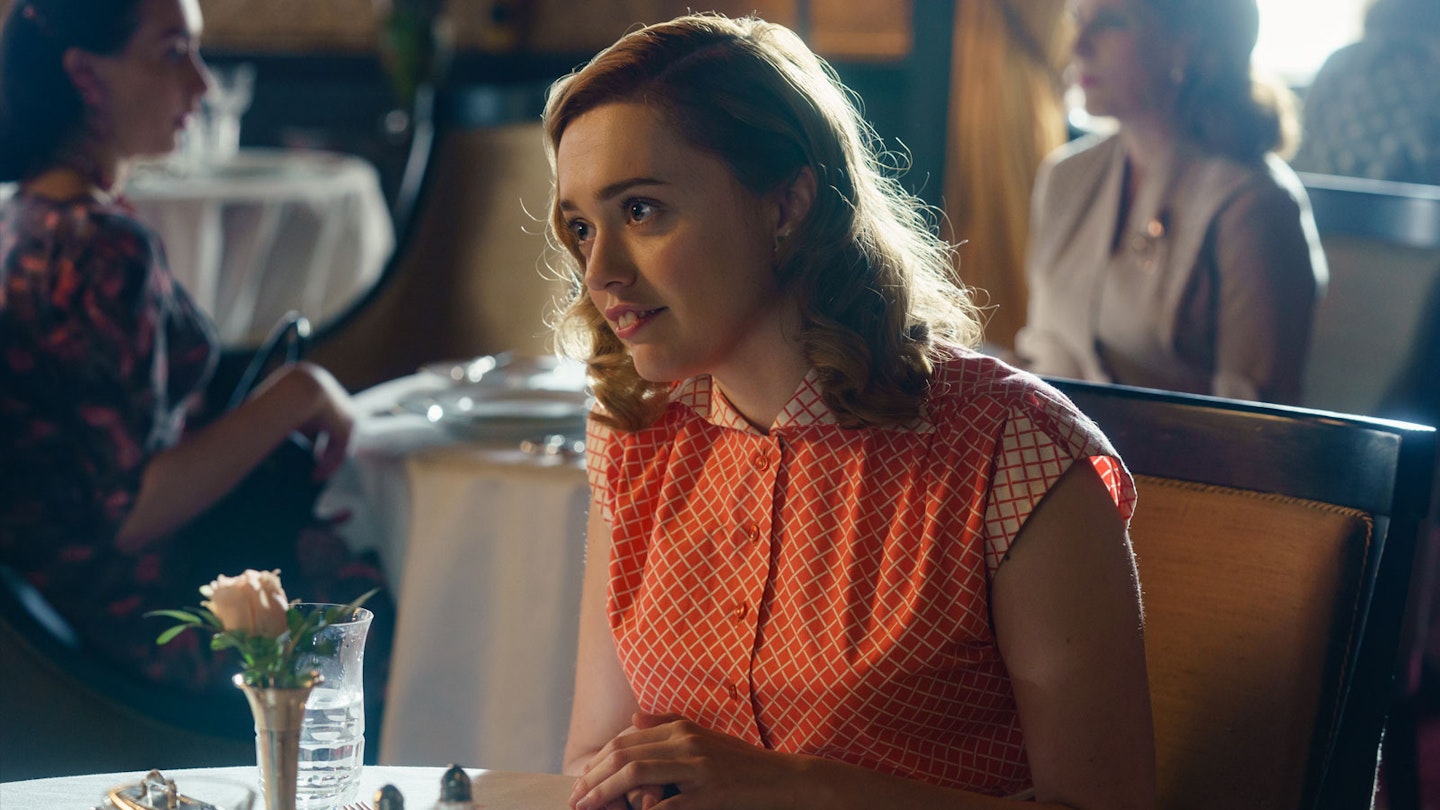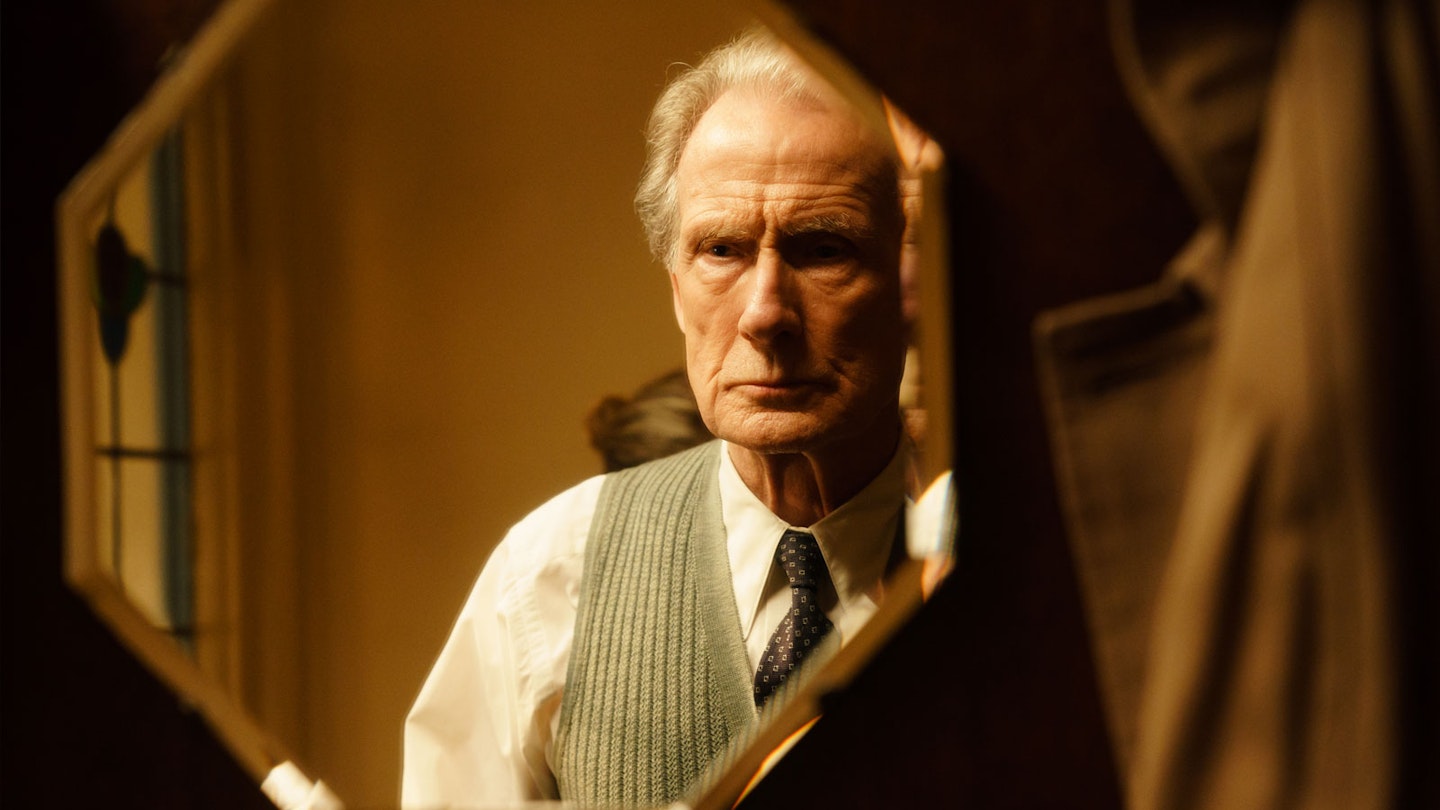Back in 1952, legendary filmmaker Akira Kurosawa found himself in an unusually reflective mood. Sandwiched in between his samurai epics Rashomon and Seven Samurai, Ikiru saw the Japanese master exploring old age, mortality and empathy with an understated account of a terminally ill bureaucrat who takes a last-minute attempt at seizing life by both hands (inspired, partly, by the Tolstoy novella The Death Of Ivan Ilyich). It takes a brave filmmaker to remake a masterpiece, but South African director Oliver Hermanus has made something that builds and evolves the original. It transfers incredibly well.

The script, beautifully adapted by British-Japanese novelist Kazuo Ishiguro, finds graceful parallels in post-war Britain and Japan, and the two nation’s shared inclinations for conservatism and bureaucracy, of the kind that stifles spirits and buttons up aspirations. (Where the first film was a contemporary setting, this is a period piece.) Here, Takashi Shimura’s Kanji Watanabe becomes Mr Williams, played by Bill Nighy in one of the most remarkable, restrained performances of his career, as he faces a terminal diagnosis and grapples with what it means to live, before it’s too late.
The film craft on show here is uniformly excellent.
It’s gorgeously executed by Hermanus, whose carefully-considered, gently-paced classical filmmaking recalls the modernism of David Lean or Carol Reed; it’s rare that a colour film has felt so black-and-white. The film craft on show here is uniformly excellent — credit, in particular, must go to Jamie D. Ramsay’s rich cinematography, Sandy Powell’s handsome costuming, Emilie Levienaise-Farrouch’s decorous music, and Helen Scott’s angular production design.
But really, it’s all Nighy’s show. Face like a statue, he subtly conveys the weight of time and death bearing down on him in minute expressions and stately philosophising. He’s playing older and weaker than his actual age but totally convinces. He is the very picture of an English gentleman, too; Nighy is no stranger to a sharply-cut three-piece, of course, but in Powell’s costuming he is particularly dapper here, which completely sells the out-of-character introspection, the ticking clock of mortality impressing on his scrupulously-tailored wool. “I took to looking around myself a little,” Nighy says at one point; you get the sense we will want to be looking around Living for just as long as Ikiru.
